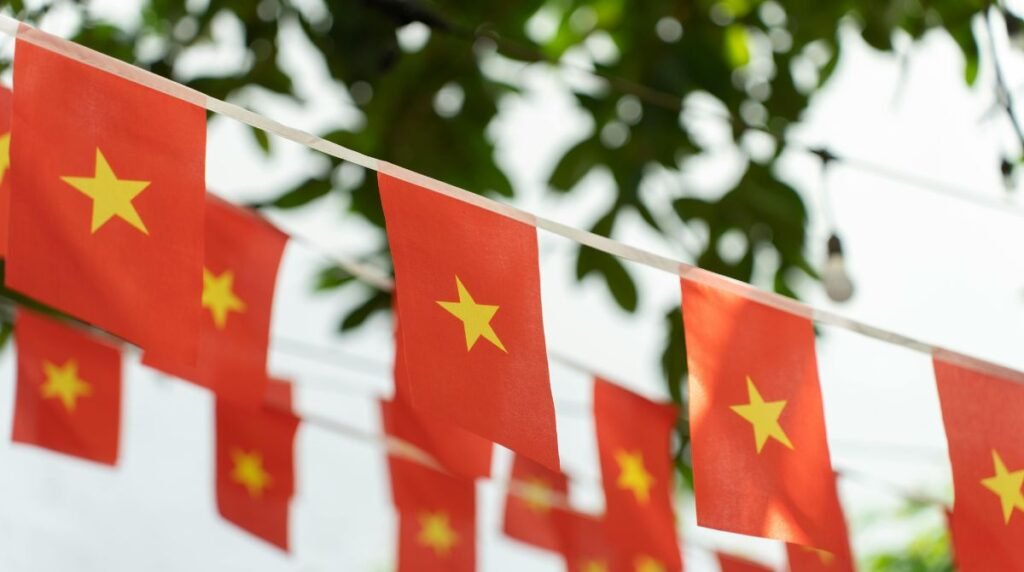Vietnam’s National Assembly passed a digital assets law on June 14, 2025, making cryptocurrencies fully legal under clear rules.
Exchanges, wallets and investors now have a defined framework to operate in, and users can explore opportunities with confidence.
Overview of the law
Vietnam’s new law defines “digital assets” as properties stored in digital form, including cryptocurrencies.
For the first time, crypto is recognized alongside traditional financial instruments. The state will license and regulate trading platforms, custodians and payment services dealing in digital assets.
Key provisions
The law covers several core areas:
- Licensing requirements
Platforms that trade, exchange or store crypto must register with Vietnam’s State Bank or another designated agency. - Operational guidelines
Providers must follow know-your-customer (KYC) and anti-money-laundering (AML) rules. They also need to hold reserves to back client assets.
Impact on crypto businesses
With legal clarity, local and foreign firms can plan expansions and partnerships.
Startups now have a path to licensing, which may attract overseas investors keen on Vietnam’s fast-growing tech sector.
Established exchanges will face fresh rivals—and higher compliance costs. That could raise service quality across the board.
What this means for investors
Retail and institutional investors gain safeguards against fraud and platform failure.
Investors can also access loans and derivatives tied to digital assets under regulated conditions.
How to get started with crypto in Vietnam
If you’re new to digital assets, begin with reputable exchanges listed under the new regime.
You can also grab small amounts of popular coins from our free crypto faucets page to test trading without upfront investment.
Frequently asked questions
When does the law take effect?
The digital assets law becomes effective on January 1, 2026, giving providers time to meet licensing and compliance rules.
Which agencies oversee crypto in Vietnam?
The State Bank of Vietnam leads regulation, with support from the Ministry of Finance and other financial bodies.
Can foreigners trade Vietnamese crypto platforms?
Yes. Licensed platforms can offer services to non-residents once they meet KYC and AML checks.
Are stablecoins included in this law?
Absolutely. Stablecoins and other tokenized assets fall under the same licensing and operational rules.



